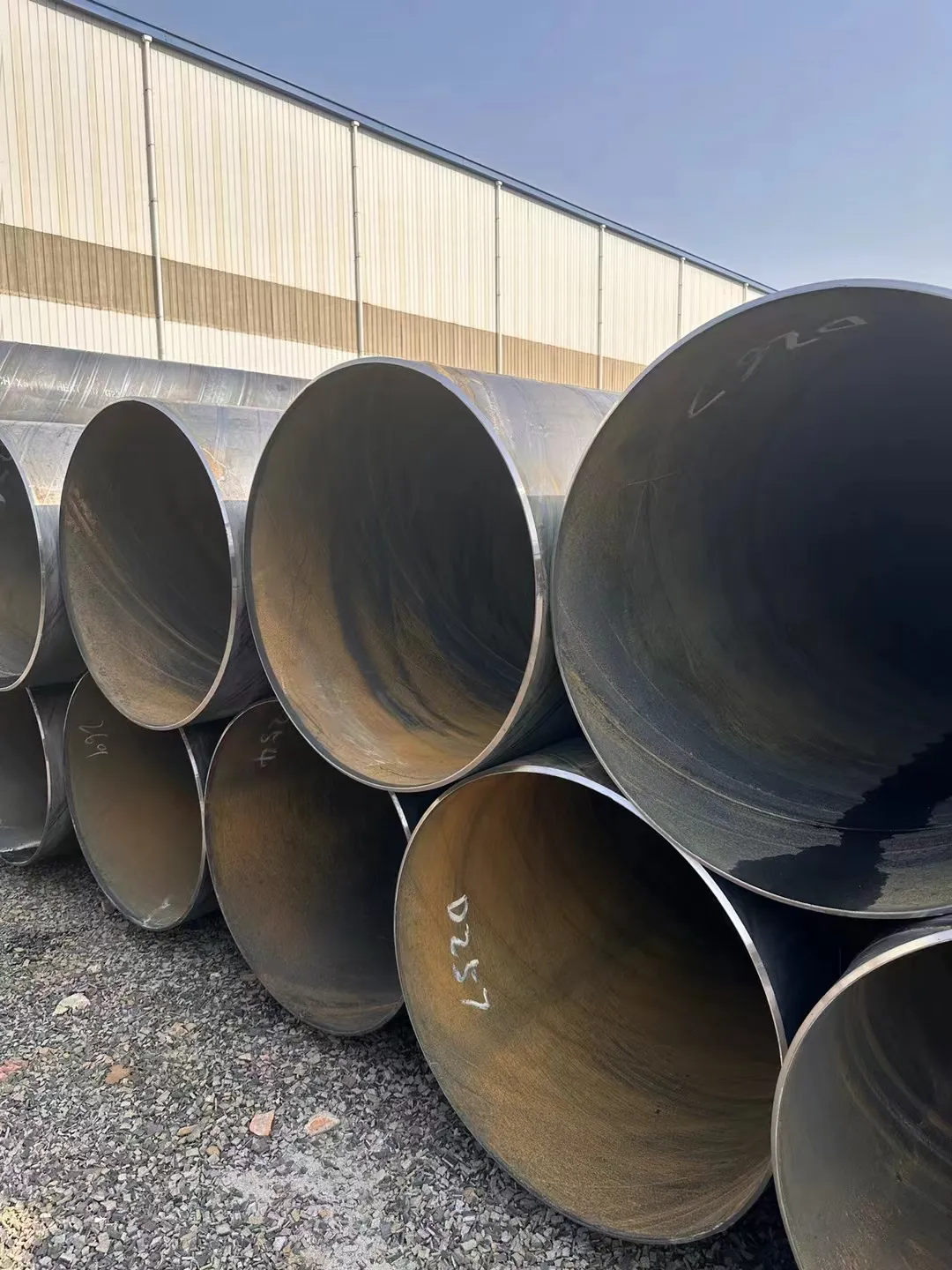-
Cangzhou Yulong Steel Co., Ltd.
-
Phone:
+86 13303177267 -
Email:
admin@ylsteelfittings.com
- English
- Arabic
- Italian
- Spanish
- Portuguese
- German
- kazakh
- Persian
- Greek
- French
- Russian
- Polish
- Thai
- Indonesian
- Vietnamese
- Zulu
- Korean
- Uzbek
- Hindi
- Serbian
- Malay
- Ukrainian
- Gujarati
- Haitian Creole
- hausa
- hawaiian
- Hebrew
- Miao
- Hungarian
- Icelandic
- igbo
- irish
- Japanese
- Javanese
- Kannada
- Khmer
- Rwandese
- Afrikaans
- Albanian
- Amharic
- Armenian
- Azerbaijani
- Basque
- Belarusian
- Bengali
- Bosnian
- Bulgarian
- Catalan
- Cebuano
- China
- China (Taiwan)
- Corsican
- Croatian
- Czech
- Danish
- Esperanto
- Estonian
- Finnish
- Frisian
- Galician
- Georgian
- Kurdish
- Kyrgyz
- Lao
- Latin
- Latvian
- Lithuanian
- Luxembourgish
- Macedonian
- Malgashi
- Malayalam
- Maltese
- Maori
- Marathi
- Mongolian
- Myanmar
- Nepali
- Norwegian
- Norwegian
- Occitan
- Pashto
- Dutch
- Punjabi
- Romanian
- Samoan
- Scottish Gaelic
- Sesotho
- Shona
- Sindhi
- Sinhala
- Slovak
- Slovenian
- Somali
- Sundanese
- Swahili
- Swedish
- Tagalog
- Tajik
- Tamil
- Tatar
- Telugu
- Turkish
- Turkmen
- Urdu
- Uighur
- Welsh
- Bantu
- Yiddish
- Yoruba

сеп. . 30, 2024 20:48 Back to list
Top Quality Pipe Manufacturers for Reliable Industrial Solutions
The Role of Pipe Manufacturers in Industrial Development
In the world of industrial development, the significance of pipe manufacturers cannot be overstated. Pipes are essential components in various sectors, including construction, oil and gas, water supply, sewage, and chemical processing. The ability of these manufacturers to produce high-quality pipe products directly impacts the efficiency and safety of countless operations. This article will delve into the role of pipe manufacturers, their production processes, types of pipes, and the challenges they face in today's evolving market.
The Importance of Pipes in Industry
Pipes are fundamental to the infrastructure of modern society. They facilitate the transportation of liquids and gases, ensuring that resources reach their intended locations. From the intricate plumbing systems in residential buildings to the extensive networks required in large-scale industrial operations, pipes play a critical role in maintaining functionality and safety. For instance, in the oil and gas sector, pipes are used to transport crude oil and natural gas from extraction sites to refineries, significantly influencing energy supply around the globe.
Manufacturing Processes
The manufacturing of pipes involves several processes, which can vary based on the materials used. Common materials include steel, PVC, copper, and fiberglass. Each material requires specific techniques for production. For example, steel pipes are often produced through a cold drawing process or hot rolling, which involves shaping the metal at high temperatures. Meanwhile, PVC pipes are made through an extrusion process, where heated plastic is forced through a mold.
Quality control is paramount in pipe manufacturing. Manufacturers must adhere to strict industry standards to ensure that their products can withstand the pressures and conditions they will face in use. Organizations like the American Society for Testing and Materials (ASTM) and the International Organization for Standardization (ISO) set benchmarks that manufacturers must meet. Regular testing for durability, pressure resistance, and environmental impact is essential in maintaining these standards.
Types of Pipes
Pipe manufacturers provide a wide array of products to cater to the diverse needs of different industries. The most common types of pipes include
1. PVC Pipes Widely used in residential plumbing, irrigation systems, and drainage, PVC pipes are lightweight and resistant to corrosion.
pipe manufacturer

3. Copper Pipes Often used for water supply in homes, copper pipes are valued for their lifespan and resistance to bacteria.
4. HDPE Pipes High-density polyethylene pipes are flexible and suitable for water and gas distribution, often used in trenchless construction projects.
5. Fiberglass Pipes Known for their durability and lightweight properties, fiberglass pipes are used in various applications, including chemical processing.
Challenges Facing Pipe Manufacturers
Despite the vital role of pipe manufacturers, they face numerous challenges in the modern marketplace. With the increasing demand for sustainable practices, manufacturers are under pressure to adopt eco-friendly production methods. Sourcing raw materials that are both sustainable and cost-effective is a growing concern. Additionally, the industry is experiencing a shift due to technological advancements, including automation and the use of advanced materials, which can require significant upfront investments.
Another challenge is regulatory compliance. As environmental standards become more stringent, pipe manufacturers must continuously adapt their processes to meet new regulations, which can be both complex and costly.
Conclusion
Pipe manufacturers are fundamental players in the industrial sector, providing essential products that support various operations worldwide. Through innovative manufacturing processes and a commitment to quality, they help ensure safe and efficient transport of essential resources. Though they face challenges such as sustainability demands and regulatory pressures, their ongoing evolution will be key to meeting the needs of the future. As the world continues to develop, the role of pipe manufacturers will remain critical in building and maintaining the infrastructure that supports modern life.
Latest news
-
ANSI 150P SS304 SO FLANGE
NewsFeb.14,2025
-
ASTM A333GR6 STEEL PIPE
NewsJan.20,2025
-
ANSI B16.5 WELDING NECK FLANGE
NewsJan.15,2026
-
ANSI B16.5 SLIP-ON FLANGE
NewsApr.19,2024
-
SABS 1123 FLANGE
NewsJan.15,2025
-
DIN86044 PLATE FLANGE
NewsApr.19,2024
-
DIN2527 BLIND FLANGE
NewsApr.12,2024
-
JIS B2311 Butt-Welding Fittings LR/SR 45°/90° /180°Seamless/Weld
NewsApr.23,2024











